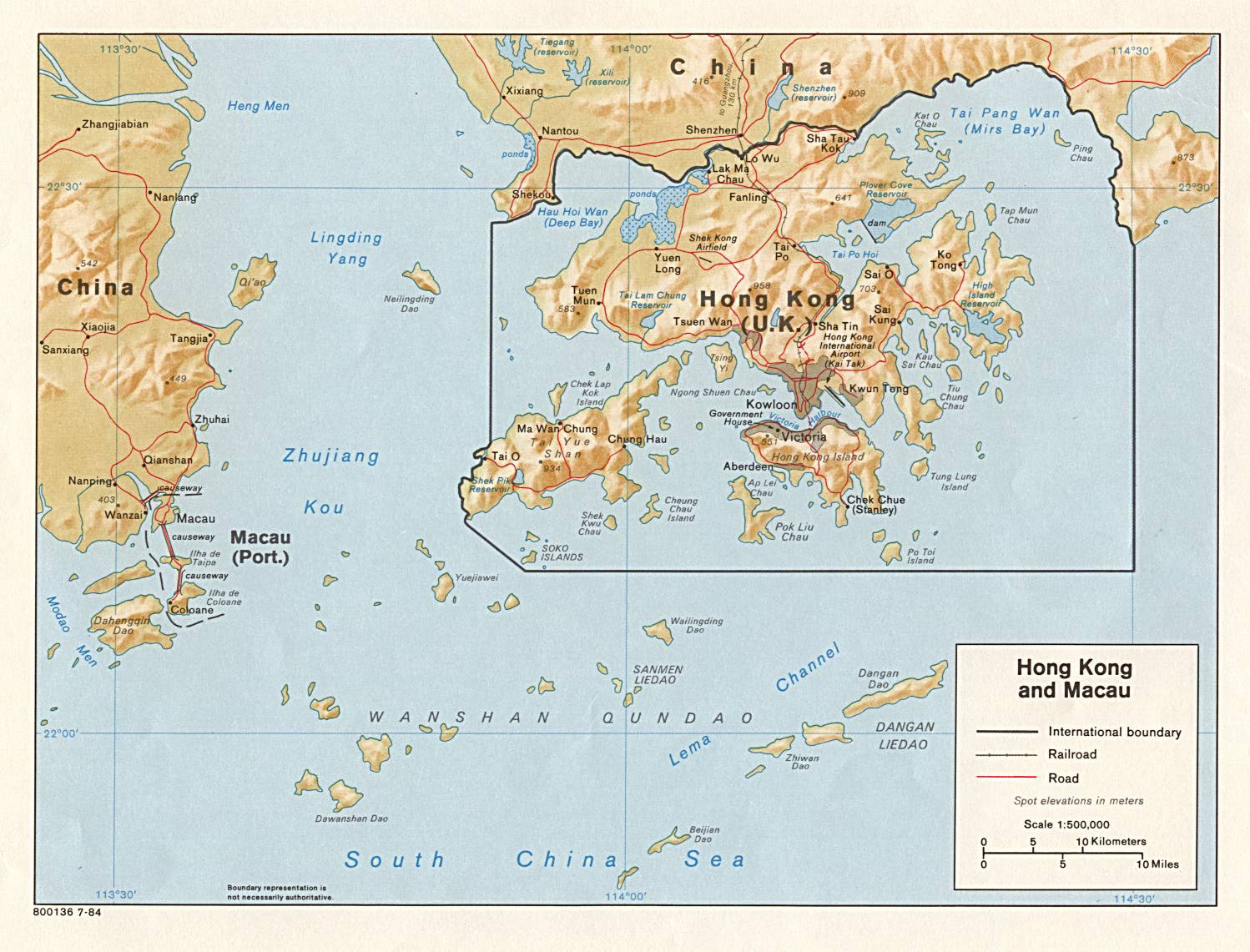IBPS PO – SYLLABUS
1. IBPS PO – ENGLISH LANGUAGE (40 marks, 40 questions)
Vocabulary:
Synonyms, Antonyms, Homonyms, Word Formation, Sentence CompletionComprehension:
Theme detection, Deriving Conclusion, Passage Completion Error Detection and Rearrangement: Passage Correction, Sentence Correction, SpellingGrammar:
Active Passive Voice, Direct Indirect SpeechGeneral Usage:
Idioms and Phrases
2. IBPS PO – LOGICAL REASONING (50 marks, 50 questions)
Verbal Reasoning: Analogy, Coding Decoding, Blood Relation, Sitting Arrangement, Series Completion, Syllogism, Decision Making, Statement ReasoningNon-verbal Reasoning: Series Completion, Analogy, and Classification
Verbal Reasoning: Analogy, Coding Decoding, Blood Relation, Sitting Arrangement, Series Completion, Syllogism, Decision Making, Statement ReasoningNon-verbal Reasoning: Series Completion, Analogy, and Classification
3. IBPS PO – QUANTITATIVE APTITUDE (50 marks, 50 questions)
Arithmetic:
Arithmetic:
Numbers, Simplification, Roots, Average, Surds & Indices, Percentage, Profit & Loss, Ratio & Proportion, Partnership, Chain Rule, Time & Work, Pipes & Cisterns, Time & Distance, Problems on Trains, Boats & Streams, Allegation, Simple Interest, Compound Interest, Stocks & Shares, Clocks, Logarithms, Mensuration, Volume & Surface Area, Permutation & combination, Probability, Heights & DistancesData Interpretation:
Tabulation, Bar Graphs, Line Graphs, Pie Charts
4. IBPS PO – GENERAL/MARKETING/BANKING AWARENESS (40 marks, 40 questions)
Questions in this component will be aimed at testing the candidate’s general awareness of the environments around him and its application to society. These questions will be such that they do not require a specific study of any discipline.
– Knowledge of current events
– Everyday observations and experience in the scientific aspect as may be expected of any educated person
– India and its neighbouring countries
– Sports, History, Culture, Geography, Economy, General Polity, Indian Constitution, Scientific Research Over 70% of the questions will be related to Economy, Banking and Finance.
Questions in this component will be aimed at testing the candidate’s general awareness of the environments around him and its application to society. These questions will be such that they do not require a specific study of any discipline.
– Knowledge of current events
– Everyday observations and experience in the scientific aspect as may be expected of any educated person
– India and its neighbouring countries
– Sports, History, Culture, Geography, Economy, General Polity, Indian Constitution, Scientific Research Over 70% of the questions will be related to Economy, Banking and Finance.
5. IBPS PO – COMPUTER AWARENESS (20 marks, 20 questions)
General Knowledge on Computer usage and application (basic hardware and software)
General Knowledge on Computer usage and application (basic hardware and software)





